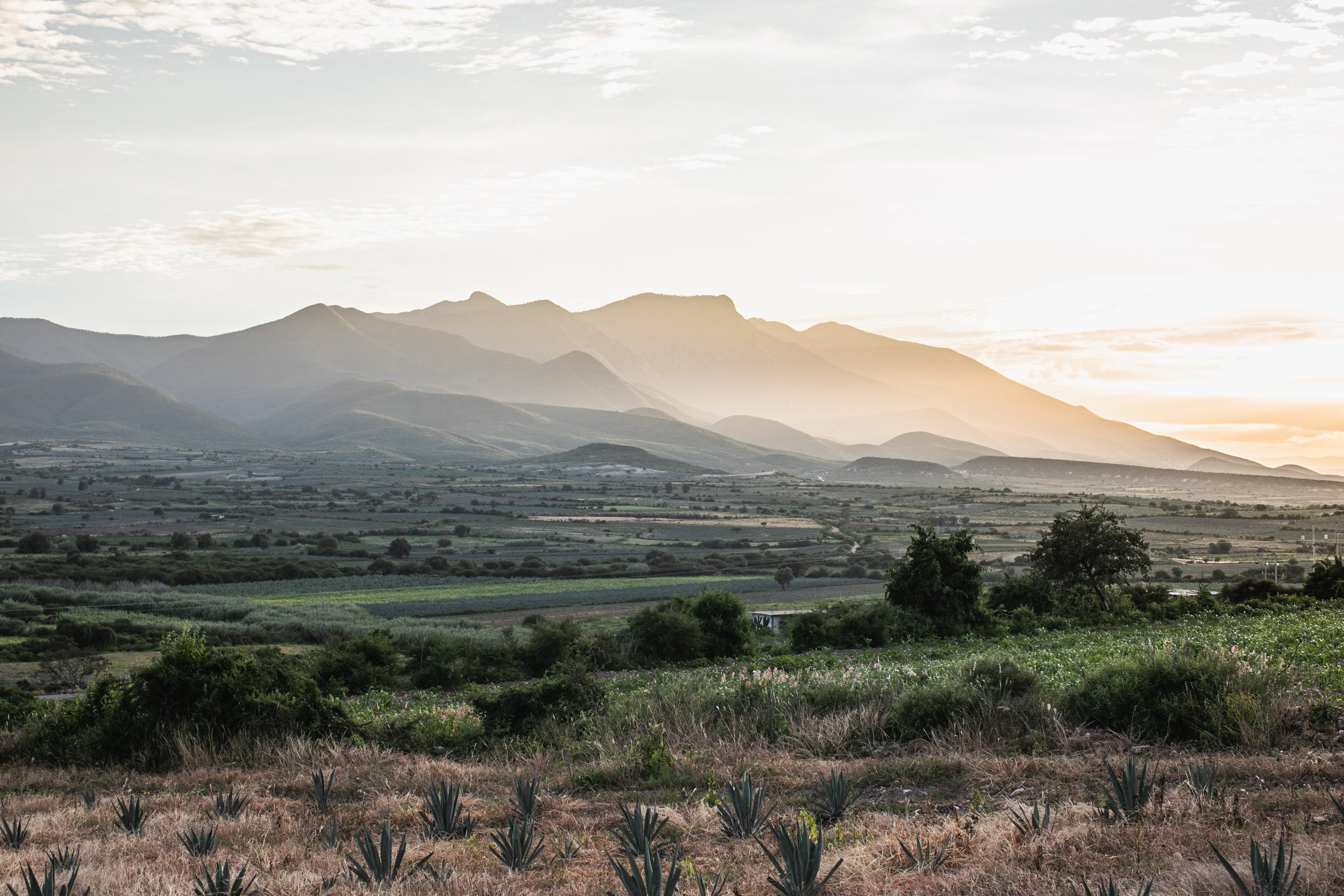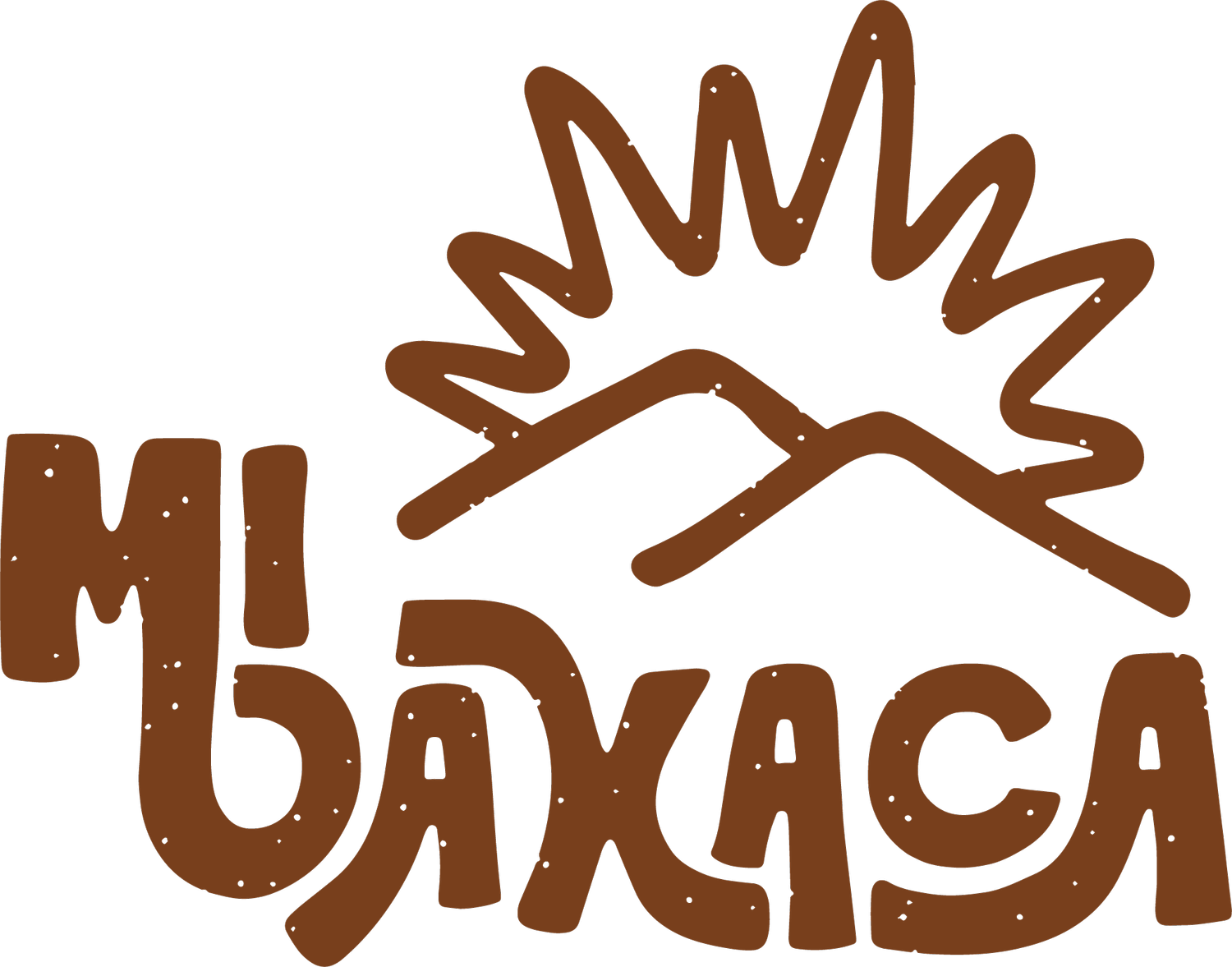
OUR PURPOSE
PRESERVING THE INDIGENOUS ROOTS OF OAXACA’S CULTURAL AND CULINARY CONTRIBUTIONS THROUGH STORYTELLING AND EDUCATIONAL PROGRAMMING.
Mezcal is our starting point: More than an alcoholic beverage, it's a sacred spirit we use in our practices that connect our culture to the land and the soul of the people. Through our programs, we illuminate the wealth of cultural contributions of Indigenous Oaxaca—its languages, foodways, arts, and ecological knowledge—while also shining a light on the systemic barriers that limit Indigenous leadership and economic self-determination globally.
Mi Oaxaca is rooted in Indigenous sovereignty and in the Oaxacan diaspora, we advance food, land, and cultural justice through equitable education and economic opportunities across borders.

VALUES
HOW AND WHY WE SHOW UP
-
Solidarity means that we are a part of the larger racial and gender justice, economic equity, environmental and food sustainability movements. Working towards Indigenous cultural preservation means being in community with movements that are also working towards free and liberated worlds.
Related Values: equity, justice, community, interconnection, belonging, interdependence.
-
Guelaguetza is a centuries-old Zapotec tradition and practice. Key practices of guelaguetza are offerings, gifts, services, and care to build reciprocal relationships. Like our Indigenous ancestors, we seek to cultivate relationships with the land, peoples, and entities who are continuing the practice of service, generosity, and fair exchange.
Related Values: tequio, gozona, trueque, healthy relations, care, reciprocity
-
Possibility asks us to remember, reflect, dream, and co-create. We acknowledge that the possibility of Indigenous cultural prosperity requires that we embrace change. We are here today because of our radical ancestors. We honor their efforts and support the younger generations who are agents of change.
Related Values: resilience, hope, optimism, achievability, creativity, innovation.
-
Celebration is an acknowledgement of gratitude, connection, and joy. We enjoy and revel in these moments in spite of systemic oppressions and personal struggles. Celebrations feed our hunger for possibilities.
Related Values:joy, happiness, celebration, freedom, pleasure.

CONTRIBUTE
TO OUR growth
We use the word contribution intentionally. A contribution is a commitment, not a transaction. Your contribution affirms Indigenous-led leadership, supports our storytelling and cultural education programs, and highlights the richness of Oaxaca’s Indigenous cultures and the importance of preserving them for human and planetary health.

